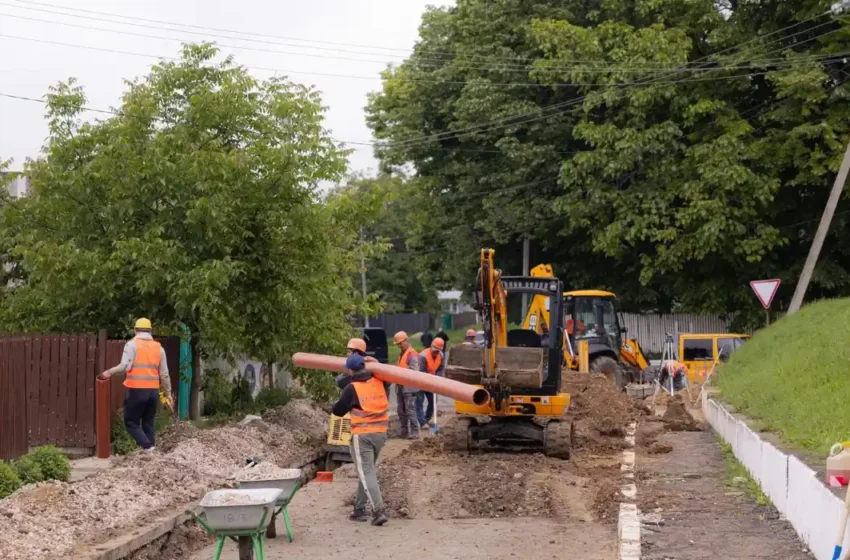
EU ( Europe Brief News): The EU4Moldova programme has launched construction of wastewater facilities in Capriana, aiming to enhance water and sanitation infrastructure in Moldova.
More than 1,000 people who live in the towns of Capriana, Gălești, and Scoreni will be served by the new facilities.
After the project is finished, the upgraded infrastructure will give nearby communities access to contemporary, secure restrooms.
Modern municipal treatment facilities will be built as part of the project, and new sewer networks will be installed to connect public buildings such town halls, kindergartens, schools, and medical facilities.
The environment will be set up so that nearby residences and businesses can successfully connect to the new networks.
The European Union, Austrian Development Cooperation, and municipal governments have contributed a total of about €1.82 million to the project.
The program’s third annual conference, with the topic “Water for Sustainable Communities,” was held in Capriana on May 29. Key players and beneficiaries, including development partners, national and local government representatives, specialists, and community people, came together for the event to discuss progress, share knowledge, and plan the program’s future.
Enhancing local communities’ quality of life is the goal of the “EU4Moldova: Local Communities” program. With funding from the European Union, the German Federal Ministry for Economic Cooperation and Development (BMZ), the Austrian Development Agency, and Polish aid, it is carried out as a Team Europe Initiative.
How does EU and Germany funding compare to previous water projects in Moldova?
Prior EU-funded projects in Moldova’s water sector usually had smaller budgets. For example, in 2020–2024, the EU contributed €13.9 million and Germany contributed €23.5 million to upgrade the water supply and sanitation in Cahul and other villages, for a total of almost €37 million.
A more extensive infrastructure project with a different scope and scale was the Chisinau Water Services Rehabilitation Project, which was co-financed by the EBRD and had a budget of roughly USD 60 million in the late 1990s.
Although they were dispersed among several municipalities and had lesser scales per site, further EU-supported water projects in Moldova have totaled between €45 and €60 million and were frequently co-financed with other donors including Austria, the Czech Republic, and Switzerland.


